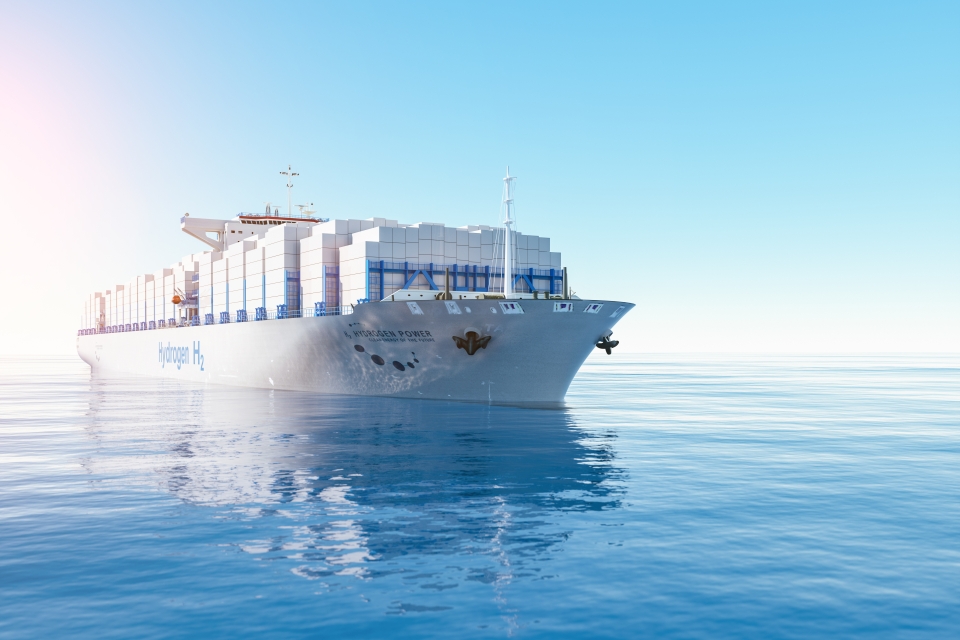An international consortium is launching a study to transport hydrogen in the form of a Liquid Organic Hydrogen Carrier (LOHC) from Scotland to Rotterdam. Scotland’s ambition is to produce 5 GW of hydrogen by 2030. The European Union wants to import around 10 GW by 2030.
The Net Zero Technology Centre and ERM are behind the Hydrogen Transport from Scotland (LHyTS) project, which will play a key role in the export of hydrogen from Scotland to Rotterdam. The project seeks to demonstrate that LOHC, in the form of methylcyclohexane (MCH), can be successfully transported at scale.
The project will be delivered by a diverse, international consortium, including Axens, Chiyoda, EnQuest, ERM, Koole Terminals, Port of Rotterdam, Scottish Government, Shetland Islands Council, Storegga and the Net Zero Technology Centre. The partners will work together undertaking engineering studies targeted at developing a pilot project as a precursor to large scale export.
Also read: Rotterdam reveals plans for large-scale ammonia cracker
Hydrogen Hub
Hydrogen will facilitate various decarbonisation applications. The project aligns with Scottish Government’s Hydrogen Policy Statement, which aims to deliver 5 GW of renewable and low-carbon hydrogen production by 2030 and 25 GW by 2045. The global ambition has also been established, with the European Commission targeting 10 million tonnes of hydrogen to be imported by 2030.
The Port of Rotterdam, as an established energy hub, already imports thirteen per cent of Europe’s energy and has ambitions to become the Hydrogen Hub of Europe. To achieve this, the port will draw on its extensive import, export and storage infrastructure, established energy industry supply chain and pipeline connections to other industrial clusters in Northwest Europe.
Also read: Next step for Scottish floating-wind-to-hydrogen demonstrator project
Best means of transportation
‘The main challenge in exporting hydrogen is choosing the best means of transportation,’ says Hayleigh Barnett, Project Manager at the Net Zero Technology Centre. ‘Early stage studies in this project have concluded that LOHC has several advantages over other carrier forms, such as ammonia, methanol or liquid hydrogen. Conducting an industrial scale trial is an exciting step in making LOHC export a reality.’
René van de Plas, Director International of the Port of Rotterdam Authority: ‘Scotland is extremely fit for the production of green hydrogen, because of its abundance of wind and the demand at the continent nearby. On top of that, the area is one of the heartlands of the oil and energy sector. That ecosystem of knowledge, infrastructure and companies will help to kickstart the hydrogen economy.’
Also read: Rotterdam gets world’s first large-scale Battolyser factory








